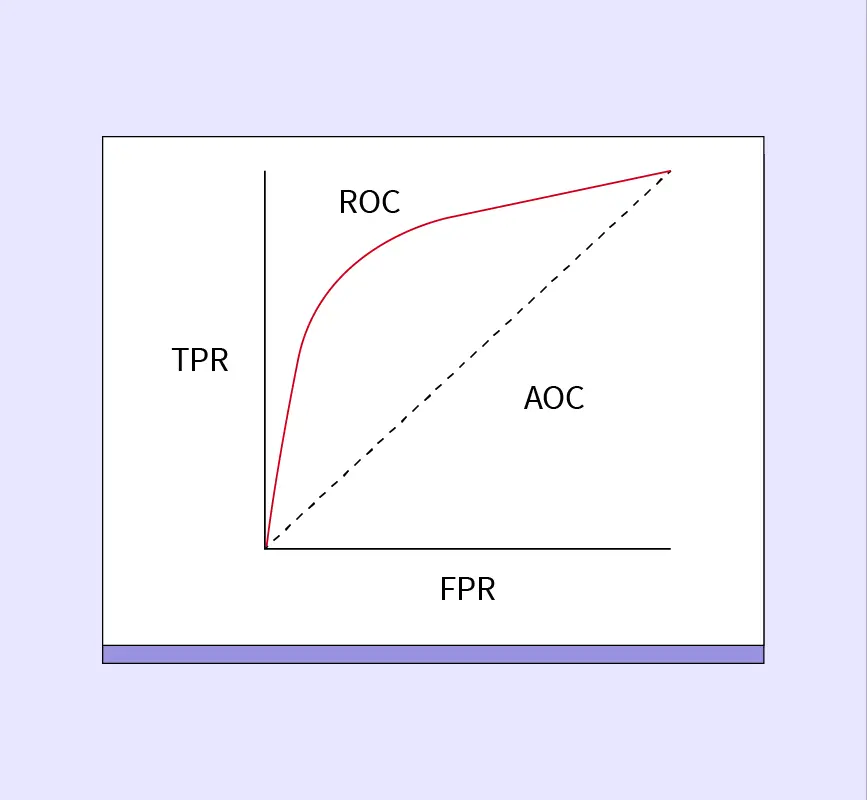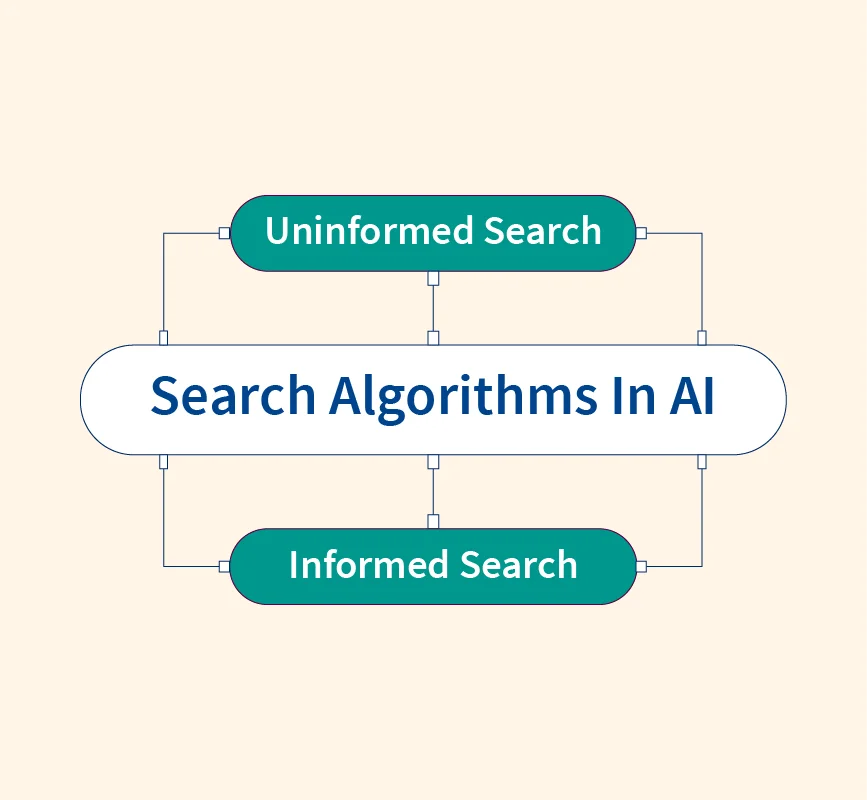Data analysts are in high demand, and many industries are seeking skilled professionals to interpret their growing datasets. Fortunately, it’s possible to become a data analyst even without prior experience. With the right skills, practical projects, and a solid portfolio, you can break into the field. This article will walk you through the steps to start a career in data analytics, providing actionable insights on how to acquire the necessary skills, gain hands-on experience, and present yourself to potential employers. Follow this guide to learn how to navigate the challenges and enter the field as a beginner.
Can You Become a Data Analyst without Prior Experience?
Yes, it’s possible to become a data analyst even if you have no prior experience. By focusing on learning the right skills, completing practical projects, and presenting your work in a well-organized portfolio, you can demonstrate your value to employers. The key factors in this journey include learning tools such as Excel, SQL, and Python, as well as gaining hands-on experience through personal or volunteer projects. While the lack of formal experience can be a challenge, staying committed to acquiring new skills and building a strong portfolio can help you overcome this barrier.
Steps to Becoming a Data Analyst with No Experience
Breaking into the field of data analysis without prior experience may seem difficult, but it’s entirely possible. By focusing on gaining the right technical skills, working on projects, and building a strong portfolio, you can make yourself an attractive candidate. Below are the key steps to get started.
Understand the Role and Responsibilities
A data analyst’s primary role is to interpret and analyze large datasets to help organizations make data-driven decisions. Responsibilities typically include cleaning data, identifying trends, and preparing reports to provide actionable insights. Understanding these daily tasks is essential before diving into skill development, as it helps set realistic expectations about the work environment and required competencies.
Acquire the Necessary Skills
To become a data analyst, mastering tools such as Excel, SQL, and Python is crucial. These tools are used for data manipulation, analysis, and extraction. Additionally, learning data visualization tools like Power BI or Tableau helps present findings clearly to stakeholders. Beyond technical skills, it’s important to cultivate problem-solving abilities and analytical thinking. These skills enable you to derive meaningful insights from data, ensuring your decisions positively impact the organization.
Work on Personal Projects or Volunteering
Without formal experience, working on personal projects or volunteering can help you build hands-on experience. You can start by analyzing public datasets from platforms like Kaggle or data.gov. Volunteering for small businesses or non-profits to help analyze their data can also enhance your practical skills. These projects provide valuable experience and allow you to showcase your abilities to prospective employers. Personal projects also give you the opportunity to test and develop your problem-solving skills in real-world scenarios.
Build a Portfolio
A portfolio is an excellent way to demonstrate your skills and experience to potential employers. Include completed projects that showcase your proficiency in data analysis and visualization. Platforms such as GitHub, LinkedIn, or your personal website are ideal places to display your work. Be sure to include project descriptions that outline the problem you addressed, the dataset you worked with, and the solutions or insights you derived. A well-structured portfolio can significantly increase your chances of landing interviews.
Networking and Mentorship
Networking is essential to breaking into the data analytics field. Utilize platforms like LinkedIn to connect with industry professionals and join data-related groups. Participate in meetups, online forums, and data science communities such as Kaggle or Reddit. Building relationships with experienced data analysts can lead to mentorship opportunities, which provide guidance and potential job leads. A mentor can help you navigate your learning journey, providing advice on which skills to focus on and how to approach challenges.
Gain Formal Education
While formal education isn’t a requirement, earning certifications or completing online courses can strengthen your candidacy. Platforms like Coursera, edX, and DataCamp offer structured programs in data analytics. You can also consider joining bootcamps that provide in-depth training in the tools and techniques used in data analysis. These credentials demonstrate your commitment to learning and can help bridge the gap between you and more experienced candidates, boosting your employability.
Apply for Entry-Level Positions or Internships
Once you’ve built your skills and portfolio, start applying for entry-level roles such as junior data analyst or data science internships. Internships and temporary positions are ideal stepping stones to gaining industry experience. Tailor your resume and cover letter to showcase the skills and projects you’ve worked on. Highlighting your analytical abilities and technical proficiency in SQL, Python, or data visualization tools will make you stand out even without formal job experience.
Prepare for Interviews
Be prepared to answer both technical and behavioral questions in your interviews. Focus on your portfolio projects, explaining how you approached data problems and generated insights. Even without formal work experience, demonstrating your problem-solving mindset and passion for data will impress potential employers.
Continuous Learning and Professional Development
Data analytics is a rapidly evolving field, so staying updated with the latest trends is crucial. Keep learning by reading industry blogs, attending webinars, and taking advanced courses. Tools like Kaggle can provide ongoing practice, and keeping your skills up to date will make you more competitive in the job market.
What Do Data Analysts Do?
Data analysts are responsible for collecting, cleaning, and interpreting data to help organizations make informed decisions. Key tasks include extracting data from sources, identifying trends, performing statistical analysis, and creating reports that offer actionable insights. Data analysts often collaborate with business stakeholders to solve complex problems, providing recommendations that improve business outcomes. Their work is vital for driving decisions that enhance operational efficiency, reduce costs, and improve customer satisfaction. Mastering the technical skills necessary for these tasks is essential for succeeding in this role.
Entry-Level Data Analyst Jobs You Can Get without Experience
1. Data Entry Clerk
This role involves handling and managing data entry tasks. Although it doesn’t require advanced analysis skills, it’s a great way to get started in data handling and become familiar with datasets.
2. Data Quality Analyst
Data quality analysts focus on ensuring the accuracy and consistency of data. This role allows you to gain experience working with datasets and identifying inconsistencies, making it a solid stepping stone toward becoming a full-fledged data analyst.
3. Business Analyst Consultant
As a business analyst consultant, you’ll use data to help improve business processes. This entry-level role involves analyzing data to generate insights and recommend actions that drive business growth, making it ideal for gaining experience in real-world data analysis.
4. Quality Assurance Analyst
In this role, you’ll test and validate data to ensure its accuracy. Working as a quality assurance analyst gives you hands-on experience with data validation and helps you develop skills in ensuring data quality, which is crucial for data analytics roles.
Tips to Increase Your Chances of Getting Hired
To improve your chances of landing a data analyst job, focus on enhancing your data visualization skills, learning programming languages like Python or R, and refining your ability to communicate complex data insights to non-technical stakeholders. Practice these skills regularly to become proficient. Additionally, emphasize transferable skills such as teamwork, problem-solving, and time management during interviews. These soft skills are essential in any work environment and can help set you apart from other candidates. Tailoring your resume and preparing for interviews with real-world examples will also increase your chances of success.
Conclusion
Becoming a data analyst without prior experience is challenging, but it is achievable with the right strategy. By acquiring technical skills, working on personal projects, building a strong portfolio, and continuously learning, you can successfully transition into the field. Stay patient and persistent as you navigate this journey, and focus on practical experience to build your confidence. With dedication, you can land a rewarding role in data analytics, even without prior experience. Good luck on your path toward becoming a data analyst!
References:


